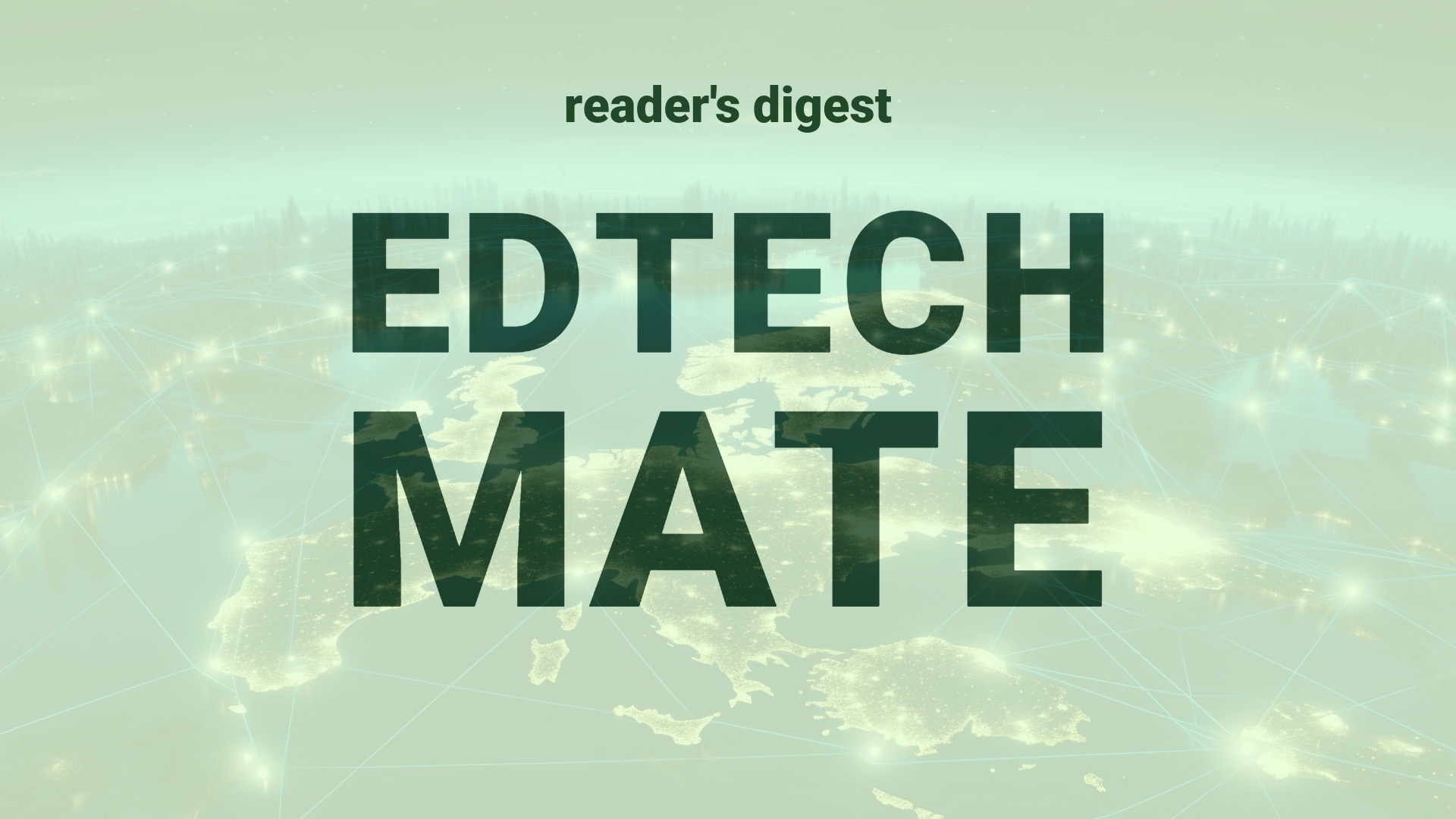Executive Summary and Main Points
Recent advancements at Microsoft’s Build Conference highlight significant strides in app modernization, particularly through AI integration. Key innovations include the integration of Azure services such as Azure Migrate, Azure App Service, and Azure Kubernetes Service (AKS), collaborative opportunities with GitHub Copilot, and adaptable Java application frameworks. Enhanced scalability, agility, security, and cost-efficiency define these developments, with a focus on rapid and continuous innovation to accommodate AI’s enterprise incursion.
Potential Impact in the Education Sector
The education sector stands to gain from these technological enhancements, as both Further Education and Higher Education institutions could leverage cloud solutions for scalability and reliability. Micro-credentials may benefit from more personalized learning experiences facilitated by intelligent apps. Strategic partnerships, like the Microsoft and VMWare collaboration, suggest ways forward for universities to modernize their IT infrastructures and curricular offerings. Digitalization through AI becomes a vehicle for creating more engaging and efficient educational ecosystems.
Potential Applicability in the Education Sector
Innovative applications in global education systems could take the form of AI-assisted development tools to revamp administrative software or the deployment of managed Kubernetes for research computing. AI-infused learning management systems, smart campus initiatives, and the digitalization of libraries and archival systems might also emerge. Digital tools promise improved efficiencies in operations, personalized student experiences, and potentially enhanced learning outcomes.
Criticism and Potential Shortfalls
While advancements show promise, potential criticism includes the risk of increased complexity and dependency on proprietary platforms. Real-world comparative case studies might reveal disparities in resource allocation, with wealthier institutions benefiting disproportionately. Additionally, the ethical and cultural implications concerning data privacy, algorithmic bias, and accessibility must be addressed, requiring a careful balance between innovation and inclusivity.
Actionable Recommendations
To leverage these technologies, education leaders should consider pilot projects that implement AI-assisted tools in administrative and academic developments. Evaluation of digital infrastructure to support scalable cloud solutions is fundamental, as is the establishment of strategic industry partnerships. Training in digital literacy for educators and IT staff ensures a smooth transition to these new paradigms, positioning institutions at the forefront of international education’s digital transformation.
Source article: https://techcommunity.microsoft.com/t5/apps-on-azure-blog/discover-how-app-modernization-on-azure-enables-intelligent-app/ba-p/4147778

